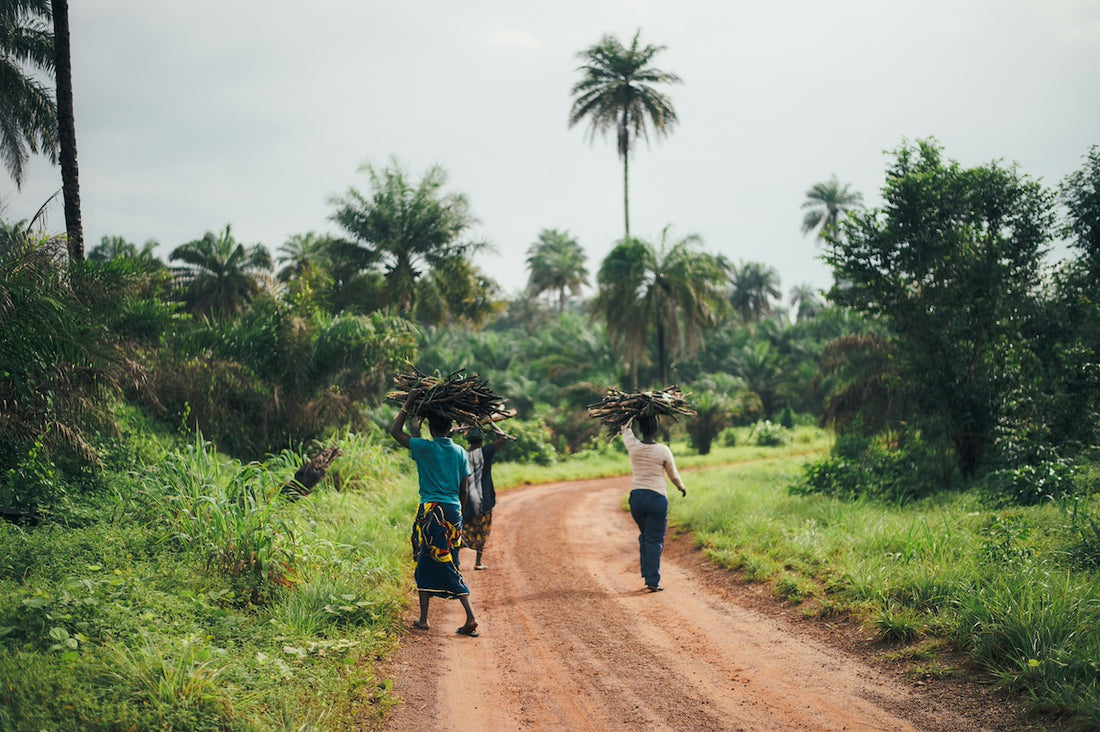The Global Organic Textile Standard (GOTS) certification has become synonymous with sustainable textile production, offering more than just an organic label. Let's explore how GOTS aligns with and contributes to each of the United Nations' Sustainable Development Goals (SDGs), helping to illustrate its holistic commitment to global sustainability.
Goal 1: No Poverty
GOTS addresses Goal 1 by emphasizing fair labor practices. Through the certification, GOTS ensures that workers across the textile supply chain are treated ethically, receive fair wages, and work in safe conditions. By promoting decent work, GOTS contributes to poverty eradication.
Goal 2: Zero Hunger
While not directly linked to food production, GOTS indirectly supports Goal 2 by promoting organic farming practices that reduce the reliance on synthetic pesticides and chemicals. This contributes to healthier ecosystems and indirectly supports food security.
Goal 3: Good Health and Well-being
GOTS contributes to Goal 3 by promoting the use of organic materials and discouraging harmful chemicals. This supports the well-being of consumers by reducing exposure to potentially harmful substances commonly found in non-organic textiles.
Goal 4: Quality Education
GOTS aligns with Goal 4 by emphasizing transparency in the production process. By providing information about raw materials and production methods, GOTS empowers consumers to make informed choices, promoting education on sustainable consumption.
Goal 5: Gender Equality
Fair labor practices, a core element of GOTS, contribute to Goal 5 by ensuring that workers, regardless of gender, receive equal treatment, opportunities, and fair wages throughout the supply chain.
Goal 6: Clean Water and Sanitation
GOTS supports Goal 6 by promoting organic farming practices that reduce water pollution. By excluding harmful chemicals, GOTS contributes to the protection of water resources and ecosystems.
Goal 7: Affordable and Clean Energy
While GOTS doesn't directly impact energy, its emphasis on organic farming practices indirectly aligns with Goal 7 by reducing the environmental impact associated with the production of textiles, contributing to cleaner and more sustainable processes.
Goal 8: Decent Work and Economic Growth
A central focus of GOTS, Goal 8 is directly addressed by promoting fair labor practices, ensuring workers' rights, and fostering safe working conditions throughout the textile supply chain.
Goal 9: Industry, Innovation, and Infrastructure
GOTS contributes to Goal 9 by fostering innovation in sustainable textile production methods and encouraging infrastructure that supports ethical and environmentally friendly practices.
Goal 10: Reduced Inequality
Fair labor practices embedded in GOTS contribute to Goal 10 by promoting inclusivity and reducing inequalities within the textile industry.
Goal 11: Sustainable Cities and Communities
While not directly linked to urban areas, GOTS indirectly supports Goal 11 by advocating for sustainable practices that contribute to a healthier planet, benefiting communities worldwide.
Goal 12: Responsible Consumption and Production
A core principle of GOTS, Goal 12 is directly addressed by promoting responsible consumption through transparency, traceability, and adherence to strict criteria at every stage of production.
Goal 13: Climate Action
GOTS aligns with Goal 13 by reducing the carbon footprint associated with textile production. Organic farming practices and exclusion of harmful chemicals contribute to climate mitigation efforts.
Goal 14: Life Below Water
While not directly related, GOTS contributes to Goal 14 by promoting responsible consumption that indirectly reduces environmental pollution, benefiting marine ecosystems.
Goal 15: Life on Land
GOTS supports Goal 15 by promoting organic farming practices that protect biodiversity and reduce the environmental impact of textile production on land ecosystems.
Goal 16: Peace, Justice, and Strong Institutions
Fair labor practices promoted by GOTS contribute to Goal 16 by fostering social justice within the textile industry and supporting strong institutional frameworks.
Goal 17: Partnerships for the Goals
GOTS contributes to Goal 17 by fostering partnerships between consumers, producers, and policymakers to promote sustainable practices, creating a collaborative approach towards global sustainability.
GOTS certification aligns with and actively contributes to a wide range of Sustainable Development Goals. Its holistic approach to sustainability makes it a powerful tool for consumers seeking products that reflect a commitment to a better, more sustainable world.
Learn more here.
Note: Lifekind is not affiliated with the United Nations. Nothing in this informational blog post is meant to imply or infer any affiliation.


